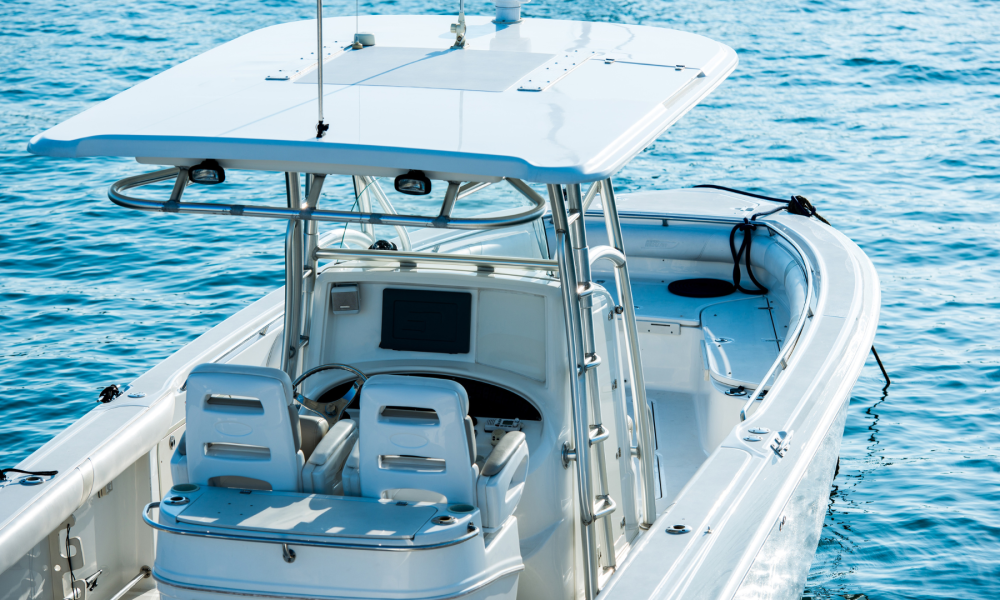When you’re getting ready for a day on the lake in your boat, it’s easy to focus on the fun — music, swimming, waterskiing and a cooler packed with cold drinks and snacks. But one essential item often overlooked is safety. Without it, your relaxing day could take a dangerous turn.
Boating is a great way to beat the summer heat. But with peak accident months in May, June and July, it’s clear that extra caution is needed. Collisions — primarily due to operator error — account for 60% of all boat-related claims.
While most boating accidents do not involve injuries, staying prepared is the best way to keep it that way. Here are three smart safety tips to keep in mind before you hit the water.
1. Don’t leave the dock without essential gear
Being properly equipped is your first line of defense.
- Life jackets: A U.S. Coast Guard-approved life jacket (type I, II or III) is required for every person on board. Boats over 16 feet long must also carry a throwable flotation device (type IV). Children under 12 must always wear a life jacket when the boat is moving.
- Fire extinguisher: Boats with any fuel-powered equipment (engines, lanterns, etc.) must carry a fire extinguisher. Fire claims can be costly and dangerous.
- Sound-signaling device: Boats 16 feet or longer need a device that can emit a sound for at least two seconds and be heard from a half mile away. Larger boats require devices with longer ranges.
- Navigation lights: If you’re out between sunset and sunrise, your boat must display the correct lights — red on the left (port), green on the right (starboard) and white in the rear (stern).
You can assemble all these items for under $100, but their value in an emergency is immeasurable.
2. Skip the alcohol
Operating a boat under the influence is not only illegal but also incredibly dangerous. According to the National Safe Boating Council, a person with a blood alcohol content of 0.08 is 10 times more likely to die in a boating accident than someone who hasn’t been drinking.
Laws on drinking on boats vary by state. Some state laws prohibit public drinking, and being on a boat in a public waterway may fall under those rules.
Even if your passengers are drinking, make sure they keep it light and don’t overindulge. Alcohol and boating do not mix, and thousands of people have lost their lives falling from boats while under the influence.
3. Learn boating right-of-way rules
Unlike highways, waterways have no painted lines or signs. Knowing how to navigate safely around other boats can prevent serious collisions.
- Head-on: When approaching another boat directly, both vessels should steer to the right.
- Overtaking: If you’re passing another boat from behind, assume they don’t see you and pass carefully, while giving the other vessel a wide berth.
- Crossing paths: The boat on the right has the right of way. If you’re on the left, you must yield.
Who to call in an emergency
If you run into trouble on the water, contact your state Department of Fish and Wildlife Resources or local law enforcement. Having your phone or radio charged and accessible could be a lifesaver.
Being prepared doesn’t take much time or money — but it can make all the difference. Make safety a priority so you and your family can enjoy the best of the summer boating season with peace of mind.



